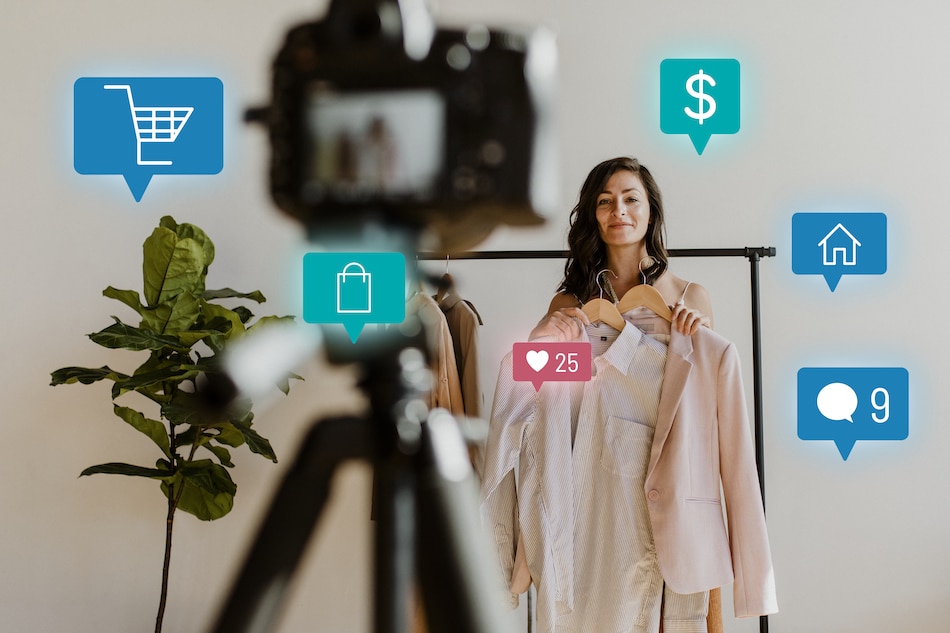Key Takeaways
For the final post of our Series B sequence, let’s talk about life after this particular funding round. With new products, team members, goals, and expectations, your daily operations are undoubtedly going to change. What should founders and their team expect? Answering this question and more, Kevin Leonard, Senior Associate at Mission OG, shares his insight and experiences in the venture capital world.
What to Expect After Closing a Significant Round
Some founders and management team members might feel like their Series B round lasted forever, while others experienced a mere flash in the pan. No matter the category you fall in, please understand that business as usual will change.
For example, your company could be taking on a new look, shifting priorities and marketing strategies. Or perhaps, your board of directors has fresh faces looking back at you, anticipating a shared leadership opportunity. And further still, your company culture might have recently undergone a much-needed overhaul, and you’re still trying to settle in. The bottom line is that things are sure to change after a Series B round.
But these changes don’t need to hit you like a ton of bricks. Instead, you can anticipate some vital new shifts and professional patterns.
Consider Your Overall Growth Plan
Before embarking on your Series B round, you must have had a definite plan to scale up, or investors wouldn’t have given you the time of day. Now that you’ve secured the funds to make those goals happen, it’s time to hitch up the workhorses.
Leonard provides some guidance about the mindset you’ll need throughout this funding process. He says,
It’s important to consider what incremental business investments you need to make over the next one to two years to capitalize on the current market opportunity and accelerate growth
Considering your overall growth plan means knowing the current market inside and outside and having the team and nerve to capitalize on it. Hopefully, you’ve timed your second round to coincide with the fertile grounds of your specific market and can execute your plan flawlessly. Still, directly after closing a Series B round is the perfect time to review the details of your 18-24 month strategy to scale up.
Increasing Management Expectations
Many people believe that you can only be as good of a leader as what you expect of yourself. While this idea is relatively true, it’s not only you doling out expectations this time. There’s a good chance you have new members on your board, many looking to you for balance and leadership. It’s a lot to take on, and not everyone is built for center stage.
If you wish to become a stronger leader, some thoughts to remember include:
- What’s best for the team? Put that ahead of your personal interest.
- Only expect the behavior and attitudes you’re willing to model yourself.
- Learn how to tap into your team’s talents and skills.
- Accept diversity respectfully (i.e., different ideas, various skill sets, etc.)
- Determine what “success” honestly means to you.
Handling a New Team
According to Leonard, your company’s metrics are undoubtedly crucial to Series B investors. However, having the right team in place is the number one priority, mostly because that aspect determines whether or not your company scales up successfully and rapidly.
A Wave of New Employees
For example, consider the wave of employees you’ll likely hire directly after closing your funding round. After all, more critical goals mean having a larger team to bring professional aspirations to life. Managers, laborers, HR reps, etc., will all help to extend your company’s reach. However, with a new team comes new employee benefits programs, such as healthcare insurance, retirement, life insurance, and disability.
HR Concerns
On that same note, what if you’re switching from a professional employee organizer (PEO) to handling everything in-house. Many founders make this move after a significant funding round merely because the company has outgrown its PEO. Naturally, this step is a massive one to make, and of course, it’s vital to get your company accounts in place before taking the leap.
Insurance Considerations
Another essential factor regarding new employees is how to beef up your employment practices liability (EPL) insurance. This policy covers companies for claims arising from their employment conduct practices, such as code of conduct, workplace standards, and the firing or hiring process. Handling a new team typically results in founders making some changes to their EPL insurance coverage.
Navigating Product Development
Your “secret sauce” is one of the main reasons your company is here, closing a Series B round. No doubt, you will have plenty of products or services to develop and roll out into the market. However, knowing how to execute this step, flawlessly will take some finesse.
Developers design products, engineers understand them, and project managers keep the entire endeavor on track. Nevertheless, some key elements in product development also include:
- Employee initiatives
- Product design
- Product implementation
- Marketing the product
- Training employees and customers
- Product launch
Each phase holds its complexities and challenges, which makes having the right team even more essential. A flopped product launch can result in a long and challenging recovery period — not that recovery is impossible. However, if you can successfully navigate product development, your entire company (and your wellbeing) will thank you.
Implementing Customer Acquisition Strategies
Winning and keeping customers is a primary goal for most companies, whether or not they’ve undergone a Series B round. Growing a business means acquiring paying customers, after all — but it’s easier said than done.
It’s safe to say, plenty of customer acquisition strategies exist. Many circulate professional circles as the “ultimate game plan,” while others are more evergreen. Consider that MailChimp sends over a billion emails each day, and more than two million blog posts go live per day, as well. Competing with the noise is no effortless task.
Furthermore, your company’s aim has changed since embarking on a Series B round. Perhaps your goal is to acquire a different kind of customer (i.e., long-term vs. short-term customers). Maybe, as a founder, you can no longer form a personal relationship with each significant customer, and you must delegate some familiar tasks.
Remember, successful customer acquisition is a massive part of why your team’s quality is so incredibly vital now. Additionally, expect your marketing models to shift and align with your new goals. A Series B round shakes things up in your world unlike any other funding round; it’s all about smart, strategic development. If you’re ready to take specific and precise action, implementing new customer acquisition strategies won’t derail you.
Understanding the details of what coverage your company needs can be a confusing process. Founder Shield specializes in knowing the risks your industry faces to make sure you have adequate protection. Feel free to reach out to us, and we’ll walk you through the process of finding the right policy for you.











